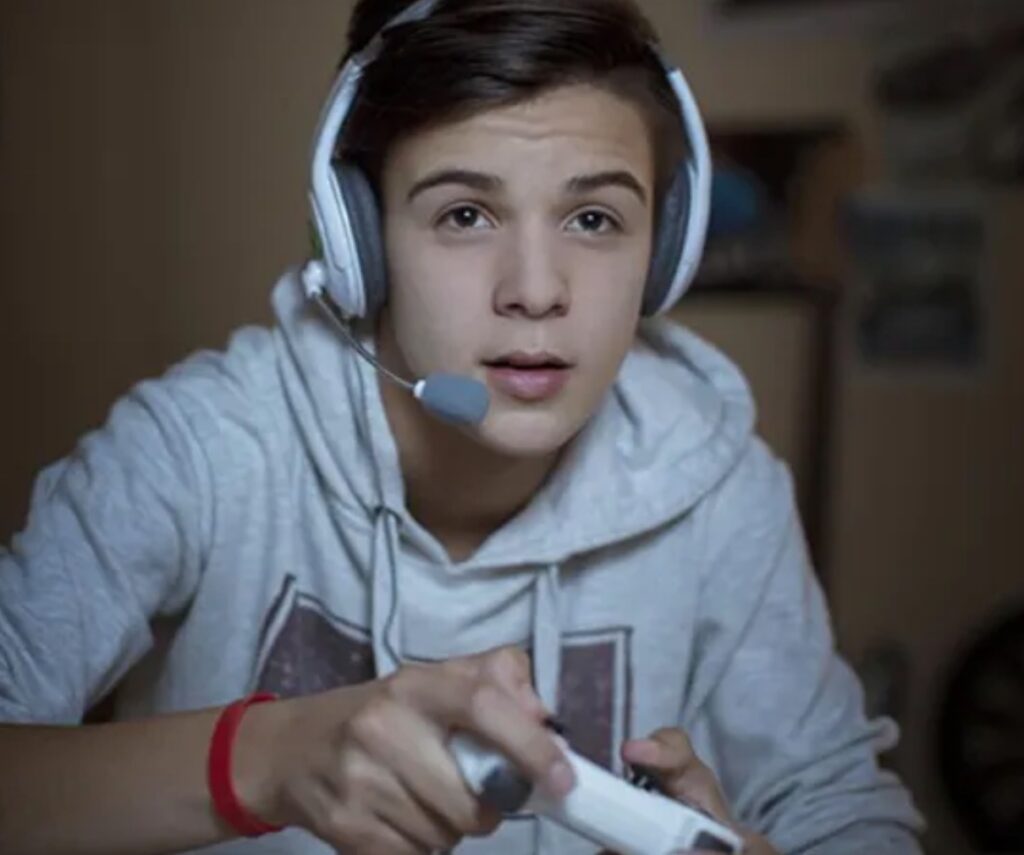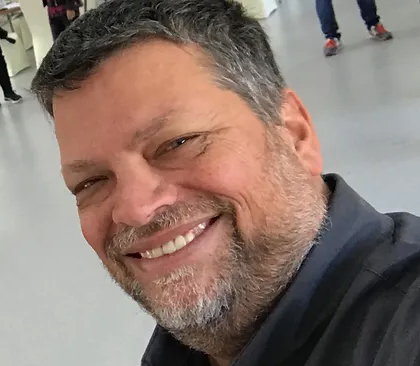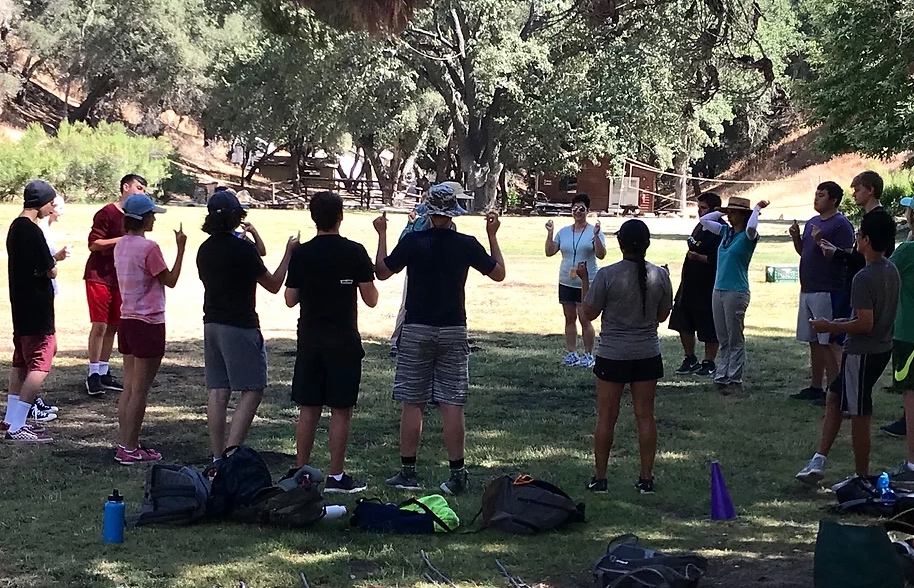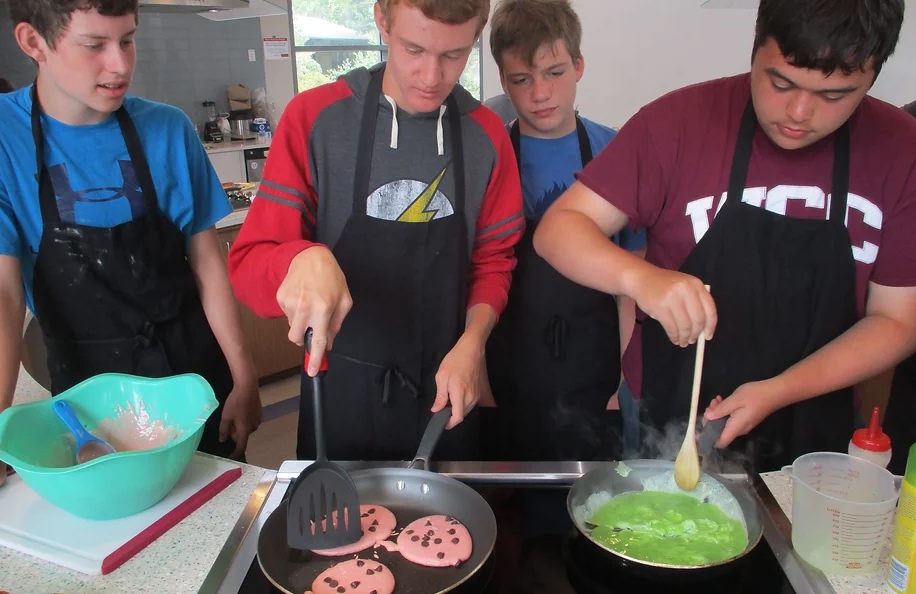A typical day at
Reset Summer Camp starts with a wake-up at 6:30 a.m., followed by breakfast at 7 a.m. Next are room responsibilities at 7:30 a.m. in which their entire room must be cleaned with beds made, along with doing laundry. Personal hygiene is also a must.
At 9 a.m., group therapy takes place for half of the campers—eight per group—with culinary for the other half.
Noon is lunchtime, followed by afternoon choices including improv, volleyball, yoga, swimming, and hiking. Next comes dinner, followed by evening activities including movies, meditation and star-gazing.
Wednesday is beach day for everyone, and the other half participate in group therapy Thursday and Friday.
Individual therapy is organic—meaning it may take place during a walk to the dining hall, or sitting on the beach.
“We are going to treat you like a responsible young adult while you are with us,” Jacobus explains. “When you leave us, there should be a change the home environment. It is your obligation to deal with family issues, and you need to be an advocate for yourself. Escaping into gaming will not get you what you want out of life.”
Other than one phone call home a week on Sundays, there are no contacts with any electronic devices.
They receive a wake-up call during the yearly discussion called: “What is your financial footprint?” in which they are asked questions like: What do you think rent is? How much do you think groceries cost each month? What does gas and insurance cost? How about your phone and online subscriptions?
Last summer, that number averaged $5,000 a month. The reaction: Shock!
“You are going to want to leave home one day because you don’t want to live with your parents forever,” Jacobus tells them, “You need to know how much that will cost.”
Interestingly enough, when asked what activity the campers enjoy most over the four weeks, they say the culinary sessions.





No comments